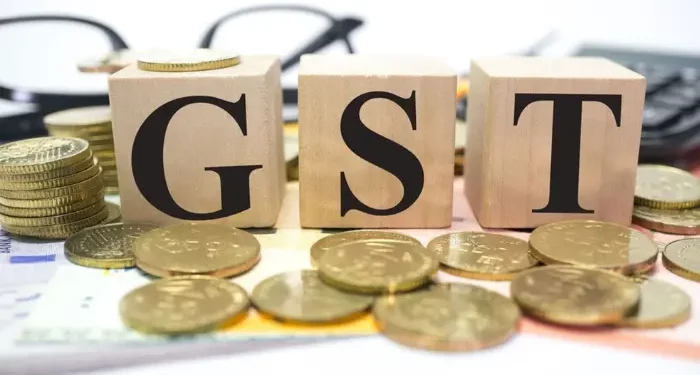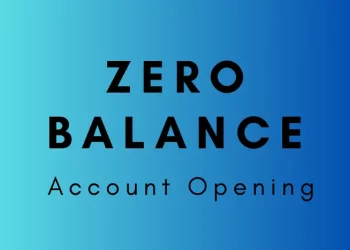Buying a flat is a significant milestone for anyone, but understanding the intricacies of GST on flat purchases can often seem daunting and confusing.
When it comes to purchasing a flat with a co-borrower, it means an additional borrower’s name appears on the loan agreement. GST plays a significant role here.
In this comprehensive guide, we will unravel the nuances of GST in purchasing a flat and provide valuable insights for homebuyers who are planning to apply to embark on this journey with co-borrowers.
GST Applicability on Flat Purchases
Let’s explore the complexities of GST on flat purchase and navigate through the regulations and tax liabilities in the realm of real estate transactions in India:
- Under the GST regime, the sale of under-construction flats attracts GST. However, ready-to-move-in flats that have obtained a completion certificate or an occupation certificate before the sale are exempt from GST.
- In the case of a buyer purchasing an apartment in a partially completed project, the GST rate would be applicable solely to the construction cost of the project’s remaining portion.
- It’s important to note that GST is only applicable to the sale of flats from the builder or developer to the buyer and not to the subsequent resale of flats between individuals.
GST Rates on Flat Purchases
GST rate is applicable solely to the construction cost and does not include the complete expense of the flat, such as the land cost, amenities, and facilities. The cost of land is subject to stamp duty, which is a tax levied at the state level.
- Earlier, the GST on flat purchases was 12%. However, after the 33rd Amendment adopted by the GST council, GST on flat purchases for under-construction flats was reduced to 5%.
- Furthermore, the GST rate on affordable housing is 1% for houses valued up to Rs. 45 lakhs, while for non-affordable housing, the rate is 5%.
- However, it is crucial to stay updated with the latest GST rates, as the rates may be subject to change as per government regulations.
Input Tax Credit (Itc) And Its Impact
One of the significant advantages of GST on flat purchases is the provision of Input Tax Credit. It allows builders or developers to claim credit for the GST paid on the purchase of construction materials and services.
- For example, when a builder chooses the GST rate with Input Tax Credit (ITC), the advantage of this credit can be extended to the buyer, leading to a reduction in the overall cost of the flat.
- However, it’s important to note that the availability of ITC and its impact on the final property price can vary depending on the builder’s practices and compliance with GST regulations.
Tax Benefits for Affordable Housing
The government has introduced various tax incentives to promote affordable housing under the GST regime, aiming to make homeownership more accessible and affordable for individuals and families across India.
- Homebuyers purchasing flats in affordable housing projects can avail themselves of the Pradhan Mantri Awas Yojana (PMAY) scheme, which provides interest subsidies on home loans.
- These incentives not only alleviate the burden of taxation but also encourage potential homebuyers to explore affordable housing loan options while ensuring compliance with the necessary documentation processes.
Compliance and Documentation
It is crucial to fulfill all the compliance and documentation requirements before purchasing the flat to ensure a transparent and legally compliant process.
- When purchasing an under-construction flat, homebuyers should ensure that the builder or developer is registered under the GST Act.
- It is also essential to obtain all necessary documents related to GST compliance, such as the builder’s GST registration certificate, the agreement of sale with GST details, and any other relevant documentation to ensure a transparent and legally compliant transaction.
Conclusion
By being aware of the GST applicability, rates, input tax credit, tax benefits for affordable housing, and necessary compliance and documentation, buyers can make informed decisions and navigate the real estate market more confidently. Additionally, make sure you consult with professionals to discuss it further and gain a comprehensive understanding of the GST implications specific to your situation.








